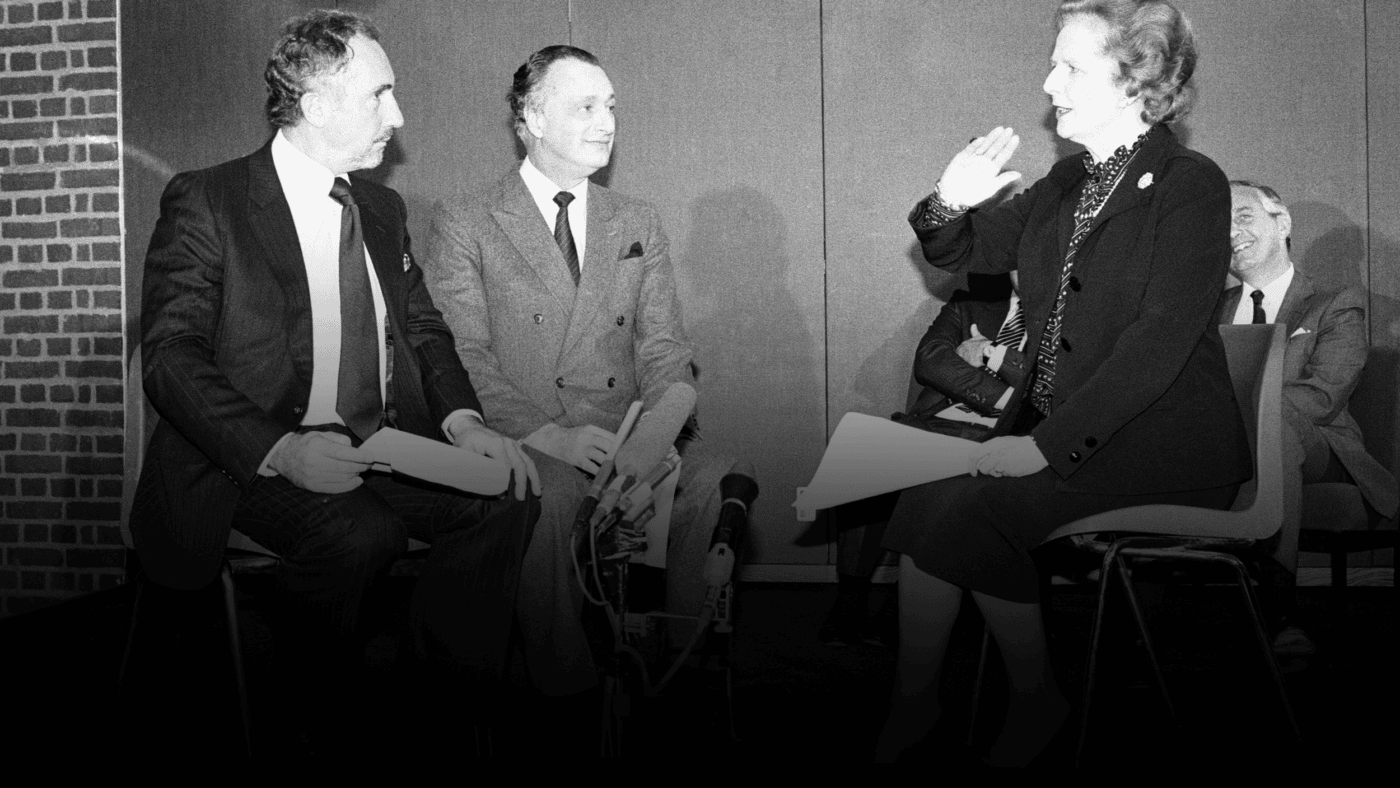Who is in charge of the Civil Service? A simple question, with a supposedly simple answer: it is the Head of the Home Civil Service, who is also the Cabinet Secretary. The Permanent Secretaries of all government departments and the Scottish and Welsh governments are responsible to him for the day-to-day management of their organisations.
The current Cabinet Secretary is Sir Chris Wormald, a career civil servant who had headed the Department for Health and Social Care since 2016, leading it during the Covid pandemic, since when he has had to defend it against accusations that it was ‘chaotic’.
We are indeed living in a time when the criticisms of Whitehall more generally are becoming louder and louder. After just six months in office, the Prime Minister famously complained that ‘too many people in Whitehall are comfortable in the tepid bath of managed decline’. His campaign chief, Pat McFadden has grumbled: ‘I work with civil servants every day… The people are good but the systems and structures they work in are too often outdated and make it hard for them to deliver.’ The head of the National Audit Office has also just announced that ‘we’ve managed to pull off the trick of a vast increase in the cost of the system, but no sign of improved outcomes’. As the Prime Minister himself recognises: ‘Productivity in the public sector is 2.6% lower than this time last year, 8.5% down compared with just before the pandemic. That wouldn’t be accepted in any other sector or walk of life’.
The politicians are aware that the Rolls Royce machine of government has broken down. So, you might think, the time for putting it right is nigh. You would be wrong. For they are not really in charge.
Since 1968, there have been 17 major attempts to reform the machinery of government. Practically every Prime Minister has launched an inquiry into why things do not work properly, and why the levers of power do not connect to anything. Normally staffed by senior civil servants, politicians and the great and good of the day, these inquiries have spent countless man-years interviewing all those with an interest in the system, analysing the problems of government and putting forward strong recommendations for reform.
And yet nothing, absolutely nothing, ever happens.
If you want proof of this, remember how the first of these 17 inquiries into government (the 1968 Fulton Report) concluded: ‘The Civil Service is still too much based on the philosophy of the amateur (or ‘generalist’ or ‘all-rounder’).’ Yet just last week, the Institute for Government held an event for senior mandarins. Its title? ‘The future of the Civil Service Policy Profession: The end of the generalist?’
An idea for reform, that when it was suggested 57 years ago was even then considered old hat, is still being debated by the Civil Service. Debated, but not implemented. And if you doubt the deep resistance to reform, consider these comments made at the IfG event by Tamara Finkelstein, Permanent Secretary at Defra: ‘The policy profession has an ambitious plan to build individual and organisational capability in the Civil Service which has already started but which may take a decade to complete.’ If only Nigel Hawthorne were still with us…
The serious shortcomings of Whitehall and the appalling inefficiencies in many of the public services are increasingly apparent to all. Except the people who should be in charge of putting things right. But they have no reason to confront the status quo.
It is surely now time to look to the private sector for lessons on how to adopt the principles of good management into government. To attract top talent into government where they would have the power and the personal incentives to make the system work to the benefit of the country, where the public sector finally matched the productivity achievements of the private sector. Do that, and the financial benefits would quickly run into the hundreds of billions of pounds.
Finally, let us indulge in a thought experiment. Imagine a country where this is being done, where there is a new political leader, a leader moreover who relishes the opportunity to challenge the prevailing wisdom. This leader is prepared to appoint the most successful businessman in history to attempt what was previously considered impossible: a businessman with the authority to turn the administration of government upside down. Would we then learn that the status quo is not sacred? And would the Civil Service then realise that it needed to reform itself? Or would it then be more realistic to accept that the Civil Service has lost its right to delay and obstruct any more, and that a transformation of government similar to that in the imaginary country is needed here?
Click here to subscribe to our daily briefing – the best pieces from CapX and across the web.
CapX depends on the generosity of its readers. If you value what we do, please consider making a donation.


